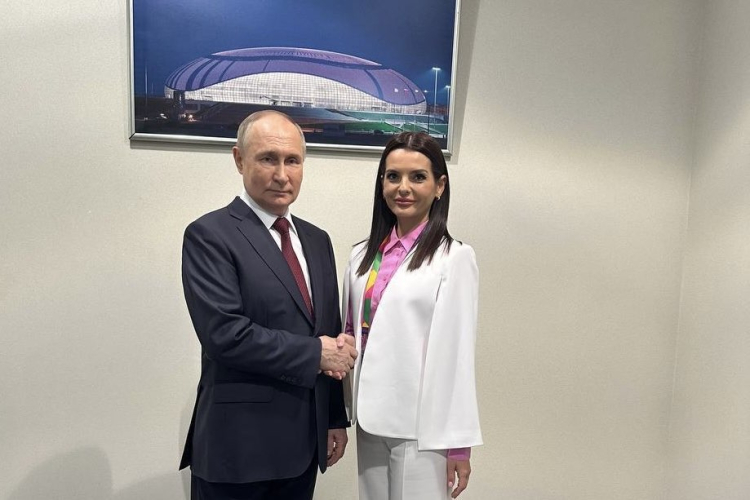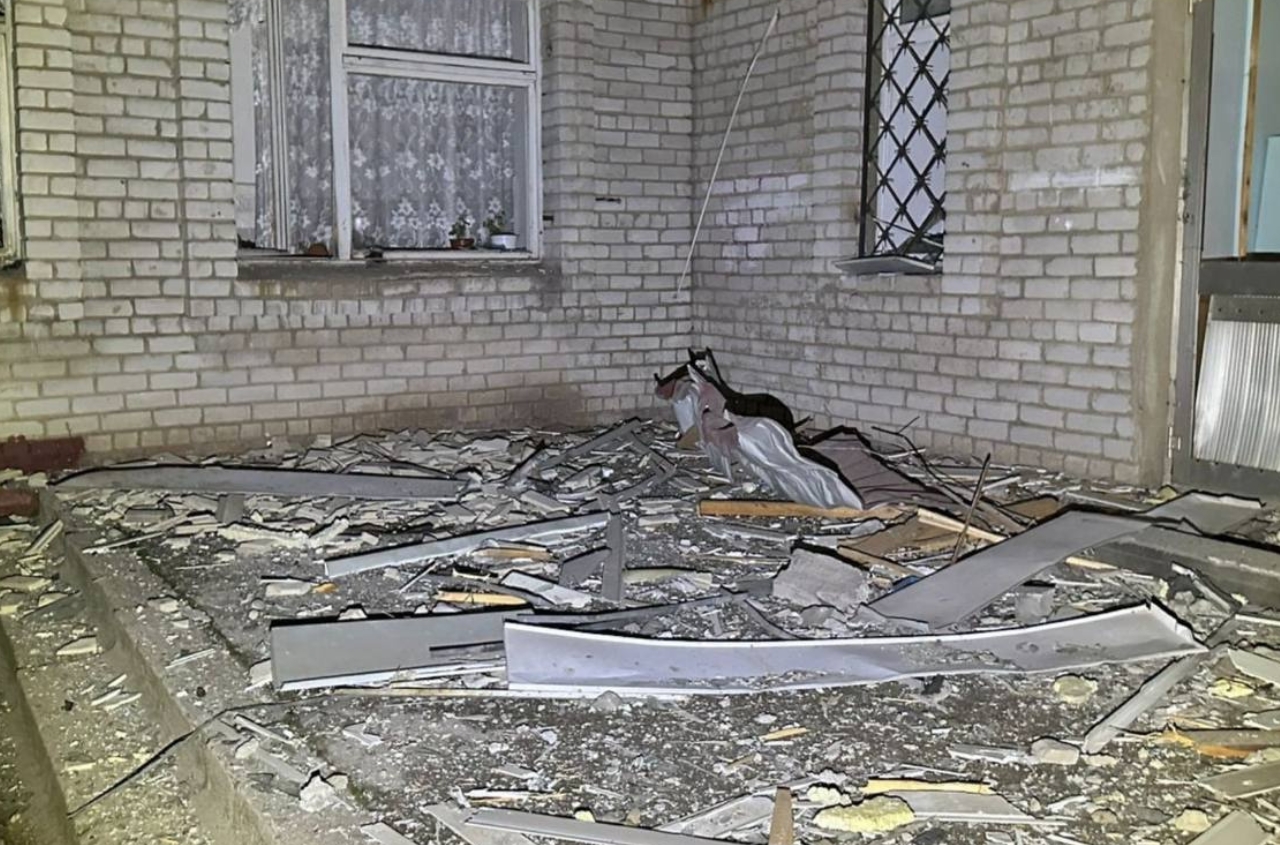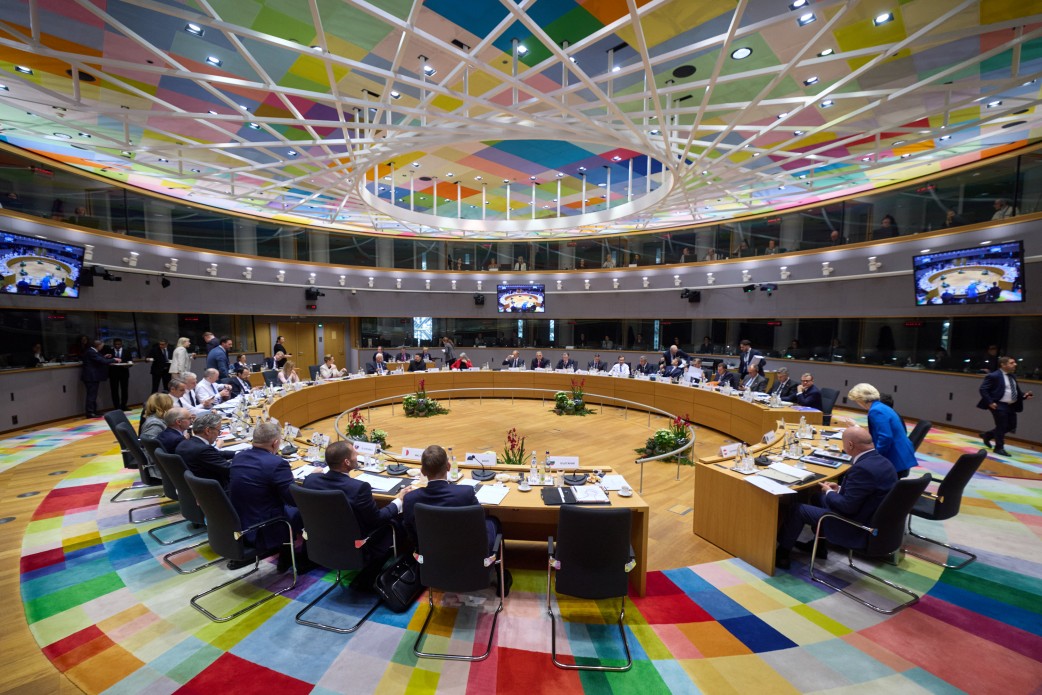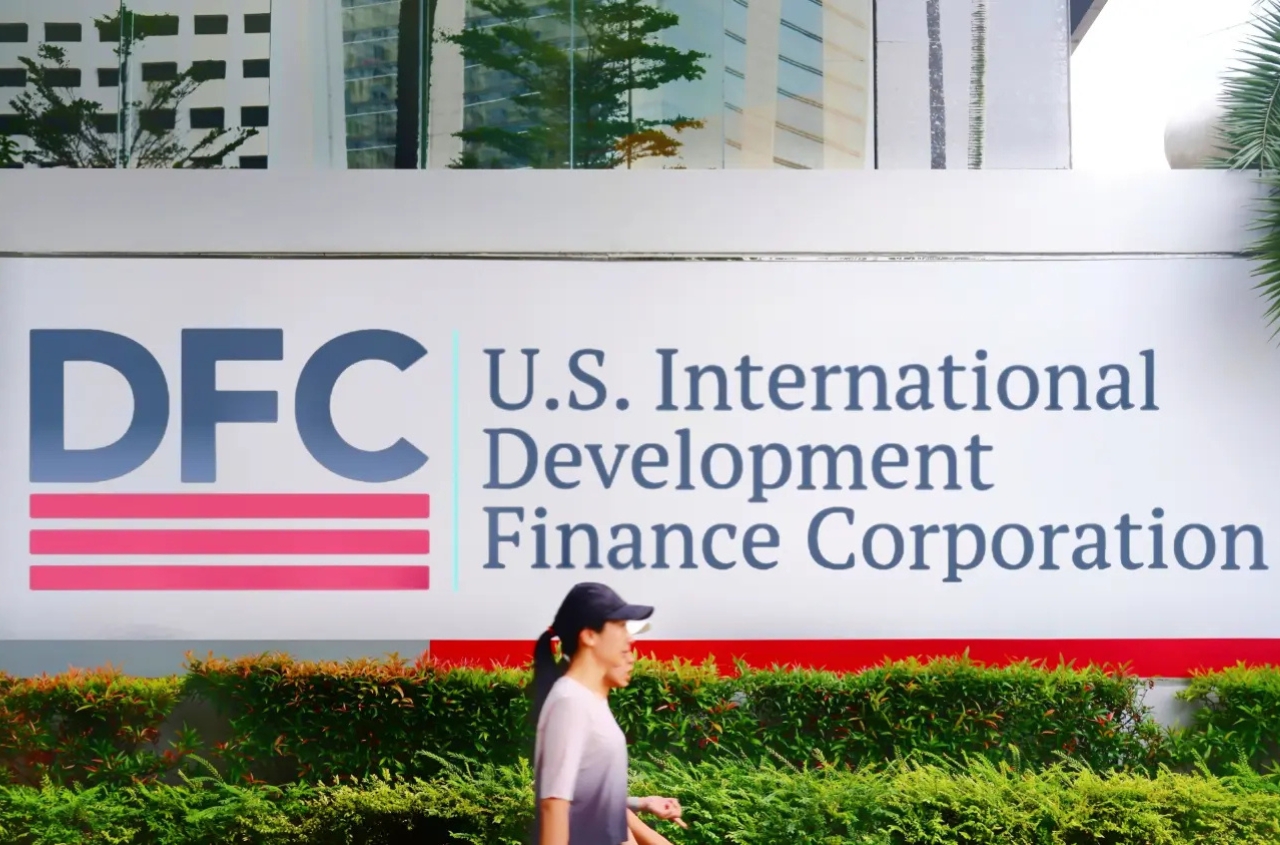The Kremlin will likely be able to leverage a new agreement signed by the Kremlin-affiliated governor of the pro-Russian Moldovan autonomous region of Gagauzia, Yevgenia Gutsul, and a state-owned Russian bank to further its efforts to destabilize Moldovan society, attack Moldova’s democratic government, and prevent Moldova’s accession to the European Union (EU).
Gutsul met with Petr Fradkov, the chairman and CEO of Russian state-owned bank Promsvyazbank (PSB), in Moscow on April 9.
Petr Fradkov is the son of Mikhail Fradkov, the former long-time director of Russia’s Foreign Intelligence Service (SVR) and current director of the Russian Institute for Strategic Studies.
PSB will reportedly open accounts for an estimated 5,000 government employees and 20,000 pensioners in Gagauzia, who will reportedly receive cards for Russia’s Mir payment system, whose operator the US sanctioned in February 2024.

Gutsul asked PBS to provide “humanitarian aid” and “additional funding” to Gagauzian pension payments and public sector salaries.
Gutsul claimed that Moldovan authorities may detain her upon her return to Chisinau, echoing previous claims by pro-Russian Moldovan actors that Moldovan authorities were going to detain Gutsul in Chisinau following her visit to Moscow in March 2024, though authorities did not detain Gutsul.
It is unclear if Gagauzia will be able to implement the agreement with PSB, however. Gagauzian outlet Notka reported that the head of the Gagauzian Department of Justice Petr Manol noted that the governor of Gagauzia does not have the power to independently sign international agreements under Moldovan law.
The Mir system also does not work in Moldova except in the breakaway republic of Transnistria, the other pro-Russian region of Moldova.
Fradkov mentioned that PSB will give “special services at PSB at a separate tariff” to Gagauzian residents’ relatives who live in Russia, but it is unclear if PSB payments to Gagauzian pensioners and public sector employees will only go through the Gagauzian diaspora in Russia.
The current pro-Russian Gagauzian government previously attempted to use Russian money to finance increased pension payments that were part of a campaign promise from a Kremlin-affiliated political candidate, and the new Gagauzia-PSB deal may be part of propaganda efforts to portray Russia as the sole benefactor of the autonomous region. Ilan Shor, a US-sanctioned, pro-Kremlin Moldovan politician who founded the Kremlin-affiliated Shor Party under which Gutsul ran for governor of Gagauzia, promised to increase pensions in Gagauzia and other Shor Party-affiliated Moldovan regions in October 2023 in the lead up to the November 2023 local elections.
Moldovan outlet NewsMaker reported that a Russian citizen living in Israel, whose name repeatedly appears in documents related to Shor’s various promised deals, transferred 15 million Moldovan lei (about $850,000) to the Gagauzian regional pension payments account.
Gutsul claimed that the Moldovan federal government blocked this money, and a spokesperson for leading Moldovan political Party of Solidarity and Action stated that the money came illegally from an organized crime group and that law enforcement agencies should investigate its origins.
The April 9 Gagauzia–PSB deal is noteworthy because Kremlin-affiliated actors are now directly and openly linked to Gagauzian government financial promises. Gutsul highlighted this relationship on April 9, claiming that Russia is the “friend” and “protector” who “saved” Gagauzia.
Gutsul also claimed that the Moldovan central government is enacting an “economic blockade” on Gagauzia — similar to language used by Kremlin and Transnistrian actors to promote Kremlin information operations about Tiraspol–Chisinau relations in recent months.
The Kremlin may be able to exploit the PSB deal regardless of the deal’s legality or how Moldovan authorities react. If Moldovan authorities prevent the deal from moving forward, pro-Russian Moldovan actors and the Kremlin will likely use the situation to promote the Kremlin’s ongoing narratives targeting the current Moldovan government and to stir up anger in Gagauzia. If the Gagauzian government is able to somehow enact the agreement, however, the Kremlin could use the payments to economically capture a segment of Gagauzia to do the Kremlin’s bidding, or could cut off the payments at a future time of Moscow’s choosing to foment a crisis.
The Kremlin may also hope to use the Gagauzia–PSB deal to recreate the way in which Kremlin-affiliated Moldovan political parties previously influenced Moldovan elections and public opinion. Shor reportedly paid demonstrators to protest against Moldovan President Maia Sandu in 2022, and Moldovan authorities raided Shor Party offices following the Gagauzia gubernatorial election in the summer of 2023 as part of investigations into voter bribery.
The Kremlin may hope to use pro-Russian political parties in Moldova and the PSB payments to Gagauzia in similar tactics to influence Moldova’s upcoming elections, particularly the presidential election in late 2024 and parliamentary elections in the summer of 2025.



















